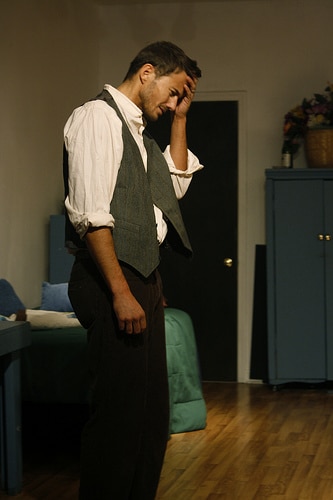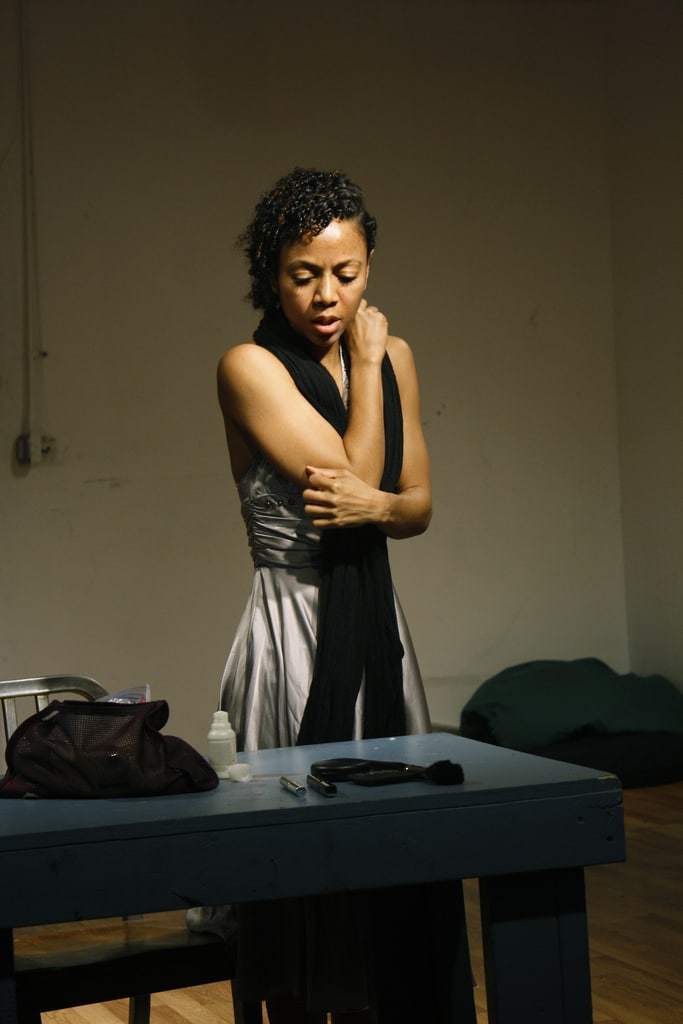
In one sense, being insensitive to the human condition and suffering in the world hardly seems like the best trait for an actor. On the other hand, buying too heavily into the myth that if you don’t personally suffer you won’t be able to act is quite likely hogwash. So how can an actor explore stereotypes and use them to their best advantage to improve their work without taking them too seriously?
Distortion is a word that comes to mind when we talk about stereotypes and identity. In some sense every job of acting we engage in is a distortion. Even an “actor” in a reality show is presenting a distortion of the truth. A distortion done well however, can hold a mirror up to reality and make us see ourselves clearer or in a new light. That, in essence is what the actor’s job is about.
Stereotypes are a distorted view of a type of person. They have their place as we take in information about a certain character. The danger is is letting the stereotype be the primary focus of our character development. In the end, even the most “cartoon’ like character needs to have many layers of complexity to be interesting. In the best performances, these layers are opposites, such as a laughable character who is also quite tragic.
Some aspects of a stereotype used sparingly can help an audience quickly gain a point of reference about where the character might be coming from. This must soon be turned into a unique character, that is full of surprises, or the audience will lose interest in your character and the story. Of course some stereotypes are used as a device by the writer and in those cases it’s a fine line that needs to be drawn carefully by you and the director.

Th
e Maggie Flanigan Studio provides training for serious actors committed to improving their craft. Find out more about meisner by reading this article about actors instrument by visiting the studio website.
Maggie Flanigan Studio
153 West 27th Street Suite 803
New York, NY 10001
(917) 794-3878



